| |  | | | Iran Reels Under Israeli Strikes; Iran's Grassroots; Lessons for U.S. Leaders By Winfield Myers ● Jun 17, 2025 Smart Brevity® count: 8 mins...2057 words We continue our daily coverage of the Israel-Iran war with articles examining the war's progress, how the international community can support the Iranian people in their hour of need, and what kind of lessons can be drawn from Israel's actions. Authors in this issue include Mardo Soghom, Michael Rubin, Jim Hanson, Eric Navarro, Lazar Berman, and others. MEF has launched an ongoing series of live-streamed in-depth discussions on the Israel-Iran War by a wide field of experts, including staff, fellows, and guests. You'll find videos of the first four episodes here. | | Help Us Pass the Iranian Terror Prevention Act of 2025 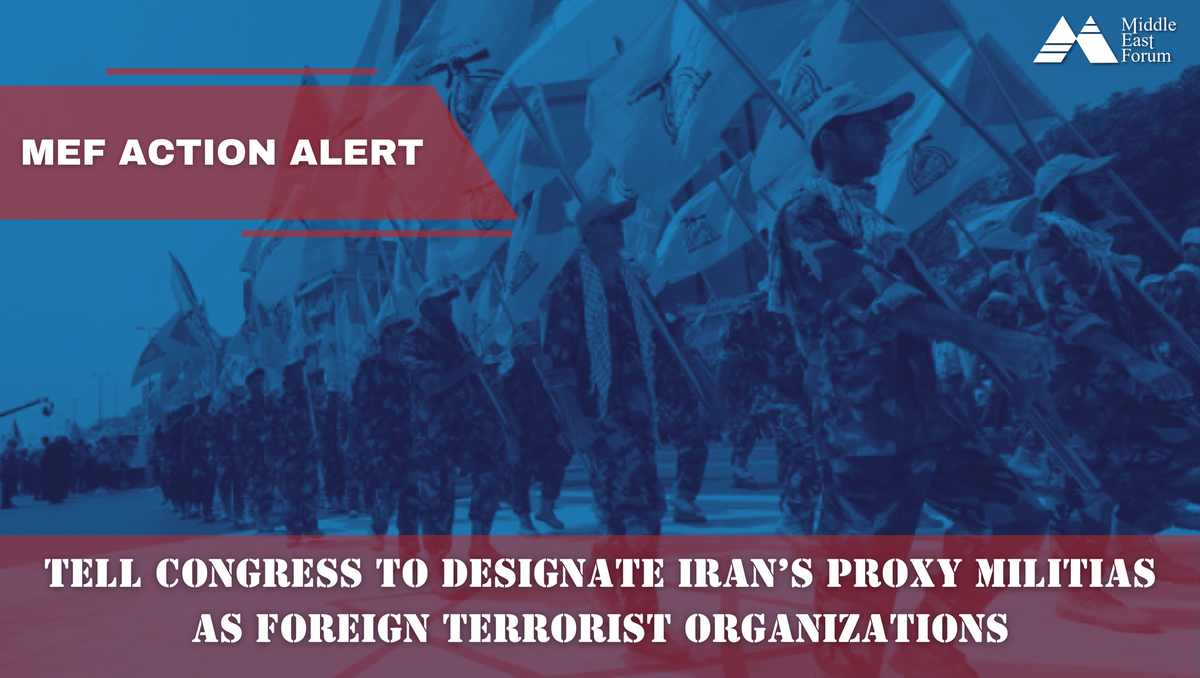 Iran-backed militias in Iraq have promised to send hundreds of suicide bombers at American forces in the Middle East following Israel's attack on the Iranian regime. It's time to designate these Iranian proxies as Foreign Terrorist Organizations. Take Action Now! With one click, you can send emails to your Congress members urging them to pass the Iranian Terror Prevention Act of 2025. Your letters will ensure that armed Shia militias operating on behalf of Tehran are held accountable for attacks on U.S. troops and our allies. Introduced by Rep. Gregory Steube (R-FL), H.R. 2581 - the Iranian Terror Prevention Act requires the secretary of State to designate at least 29 Iranian-backed militias, including the Badr Organization and Kataib Hezbollah, as Foreign Terrorist Organizations under the Immigration and Nationality Act. It also requires the president to consider sanctions under Executive Order 13224 to block their assets and prohibit transactions, strengthening measures against these threats. The bill requires regular reports to Congress on new designations and sanctions. This legislation is critical to protect American troops and support our ally Israel by countering Iran's destabilizing influence through its proxies. These groups fuel violence and terrorism across the region and are responsible for injuring and killing U.S. service members. They have escalated threats and launched attacks on American forces since Israel launched Operation Rising Lion to eliminate Iranian nuclear facilities. Your voice matters—act swiftly to protect American lives and support our ally! To take action, click here. | | After Days of Strikes, Iran's Regime Reels as Opposition Urges Action 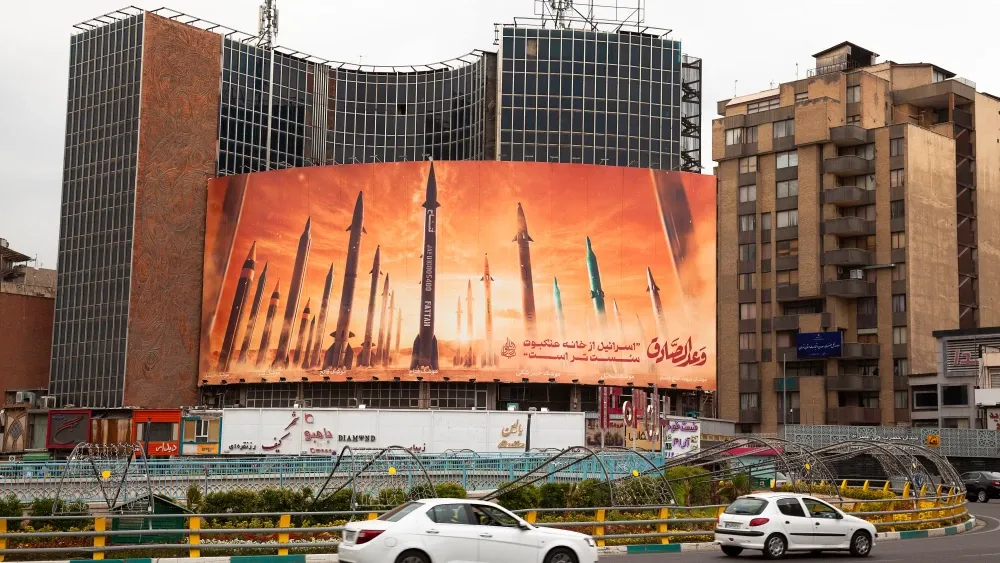 By: Mardo Soghom After three days of airstrikes, Israel's operation in Iran has broadened to include softer targets like refineries, posing a potential threat to the regime's stability. Why it matters: The Israeli strikes aim to destabilize Iran's regime, urging Iranians to seize the opportunity to challenge their government. The latest: Israel has targeted energy installations around Tehran, retaliating for Iranian missile attacks on Israeli civilians. -
This has led to fuel and electricity shortages, likely worsening Iran's economic troubles. -
The Iranian currency has sharply devalued, forcing the government to inject foreign currency into the market to stabilize it. Between the lines: Reports suggest possible desertions from Iran's armed forces, with signs of leadership or their families fleeing the country. What's next: Netanyahu declared on the second day of the operation that Iran's leaders were "packing their bags," and he vowed to unleash the full force of Israel's air power on Tehran. To read the full article, click here. | | How to Support Iran's Grassroots 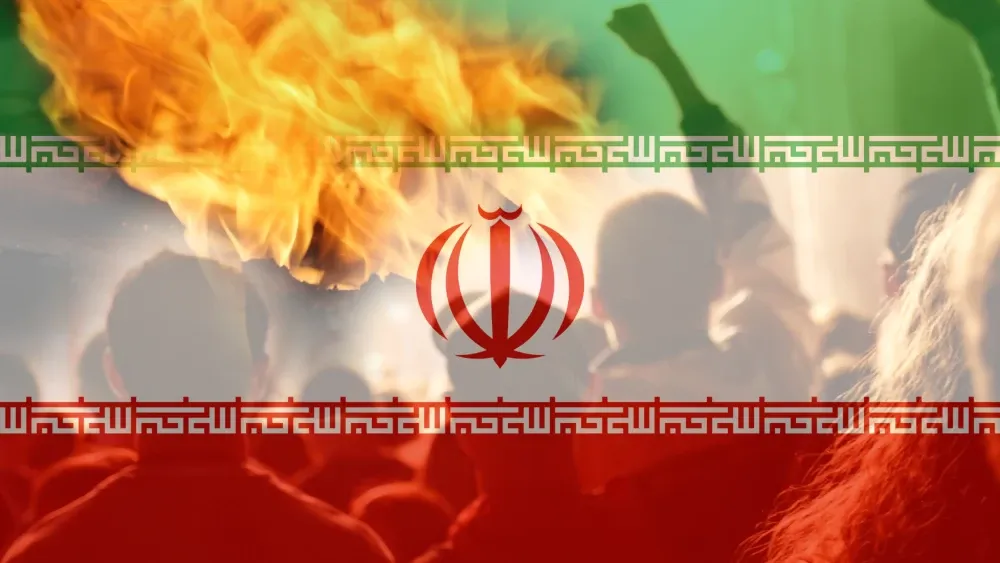 By: Mary Mohammadi As the conflict between Israel and Iran escalates, world leaders call for restraint, yet the real focus should be on empowering Iranian grassroots to drive change. Why it matters: The Iranian regime's reliance on violence and terror poses a threat beyond its nuclear ambitions, necessitating grassroots-driven regime change to enhance Middle East stability. The big picture: Since 2017, Iranians have consistently protested for regime change, but international support has often been lacking. What's next: Enabling independent internet access and disrupting the regime's repressive infrastructure are crucial steps. -
Deploy satellite connectivity: Expedite deployment of systems like Starlink for unrestricted internet access. -
Sanction surveillance suppliers: Pressure companies to halt sales of surveillance tools to the regime. -
Track and freeze assets: Governments should target regime insiders' assets in Europe, North America, and Arab states. The bottom line: Western support for Iranian grassroots can foster genuine representation and challenge the regime from within, aligning with the Iranian people's aspirations for change and stability. To read the full article, click here. | | The Iran War Live Blog is a collection of the most up-to-date information by MEF's experts. It includes reports from inside the country, excerpts from our most recent pieces on the topic and insider information from Israel and Washington DC. Updated frequently, it's the latest addition to MEF's resources on the Israel-Iran conflict. To read the blog, click here. | | Israel's Military Pressure Joined by Cyberattack on Iranian Regime Bank  By: Mardo Soghom A hacktivist group, Predatory Sparrow, has taken down key banking services for Iran's Revolutionary Guard, amplifying chaos amid Israeli airstrikes. Why it matters: The cyberattack on Bank Sepah cuts off thousands of regime operatives from their personal accounts, deepening disarray within Iran's ranks and highlighting vulnerabilities. The latest: The group boasts of destroying Bank Sepah's data, claiming it was a financial arm for supporting proxy forces, missile programs, and nuclear projects. Between the lines: Iran's reluctance to shut down the internet completely suggests concerns over further angering the public and paralyzing the banking system. What's next: The hacktivists' actions, alongside Israeli strikes, foster debate among Iranians on regime change, with calls for more forceful attacks on centers of power. To read the full article, click here. | | Hezbollah's Statement on Israel's Strikes on Iran 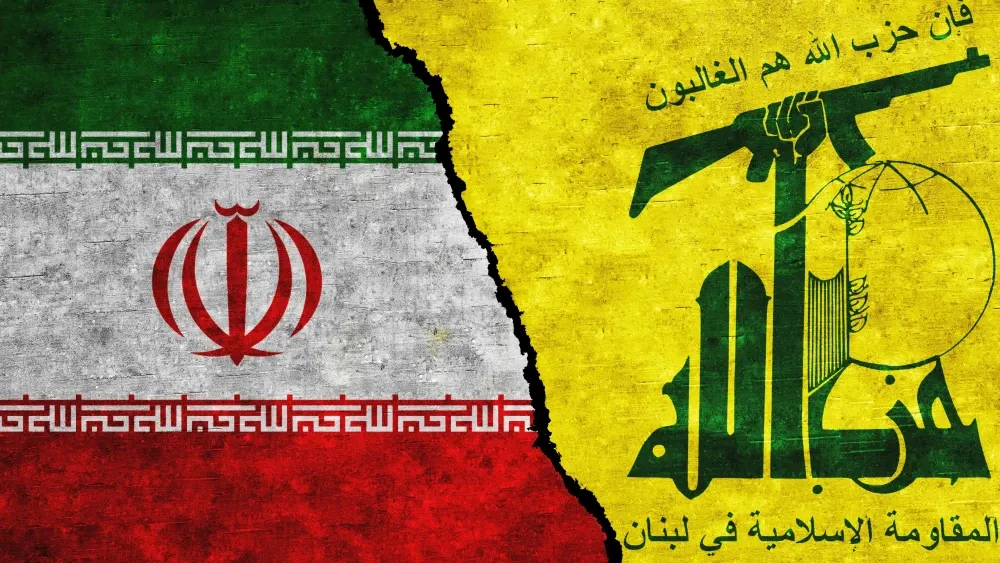 By: Aymenn Jawad Al-Tamimi Amid ongoing Israeli strikes on Iran, Hezbollah's statement condemns the actions but reveals no readiness for military engagement, highlighting the group's current limitations. Why it matters: Hezbollah's diminished capacity after last autumn's losses against Israel suggests it cannot support Iran in a full confrontation. The big picture: Hezbollah's statement condemns Israel and accuses the U.S. of being complicit, urging regional solidarity with Iran. Between the lines: Hezbollah's reliance on rhetoric over action underscores its weakened state and strategic reassessment. What's next: As tensions remain high, Hezbollah's future actions will likely be limited to verbal support, with significant military involvement not expected. To read the full article and translation, click here. | | Trump and Netanyahu Were Speaking the Truth. Get Used to It 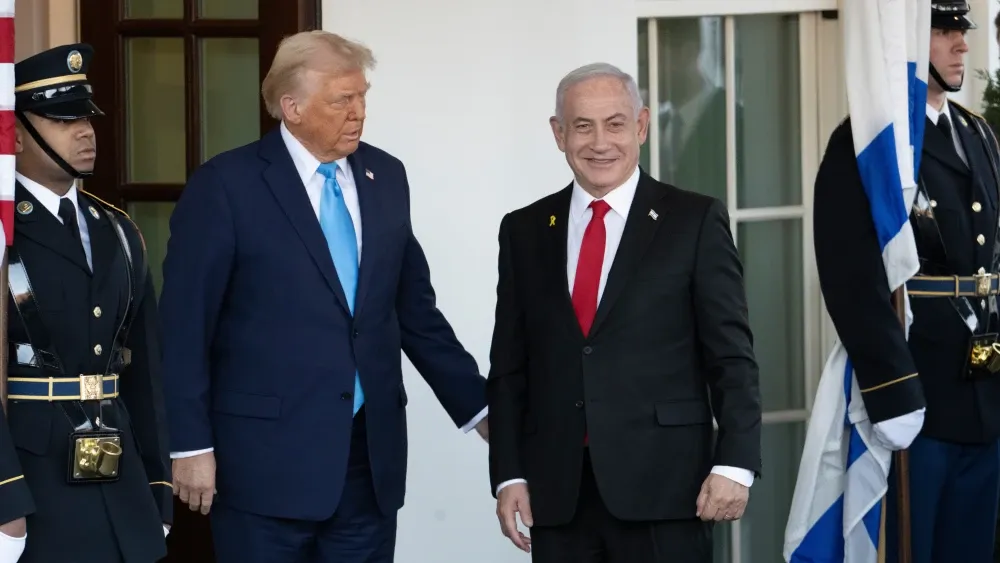 By: Jim Hanson Iran stands as a common adversary for both the U.S. and Israel, yet President Trump and Prime Minister Netanyahu have distinct strategies for addressing the threat. Why it matters: Since Trump's second term began, differences in U.S. and Israeli approaches have been clear, with Israel launching strikes on Iran's nuclear facilities on June 13, 2025. The big picture: Trump sought genuine diplomacy, imposing a 60-day limit for a deal, which Iran misjudged as empty talk. Between the lines: Media speculated a rift due to differing approaches, but both leaders acted in their respective national interests. What's next: Trump and Netanyahu both spoke truth. Both leaders now enter the next phase of resolving the Iran problem stronger than they were before. To read the full article, click here. | | Many Doubted Netanyahu Would Follow Through. It's a New Era for Him, and the Region After years of speculation, Prime Minister Netanyahu launched a bold operation against Iran, targeting key nuclear sites and military commands. Why it matters: This operation marks a significant shift in Israel's strategy, aiming to dismantle Iran's nuclear capabilities and assert regional dominance. The big picture: The strategic circumstances favored Israel, with Hezbollah weakened and Syria's defenses diminished. Between the lines: Despite media speculation of a rift, Trump and Netanyahu maintained a strong relationship, each acting in national interests. What's next: As Israel enters a new era of strategic offense, the focus shifts to Iran's potential response. To read the full article at the Times of Israel, click here. | | What the Israeli Strikes on Iran Teach U.S. Leaders About Victory 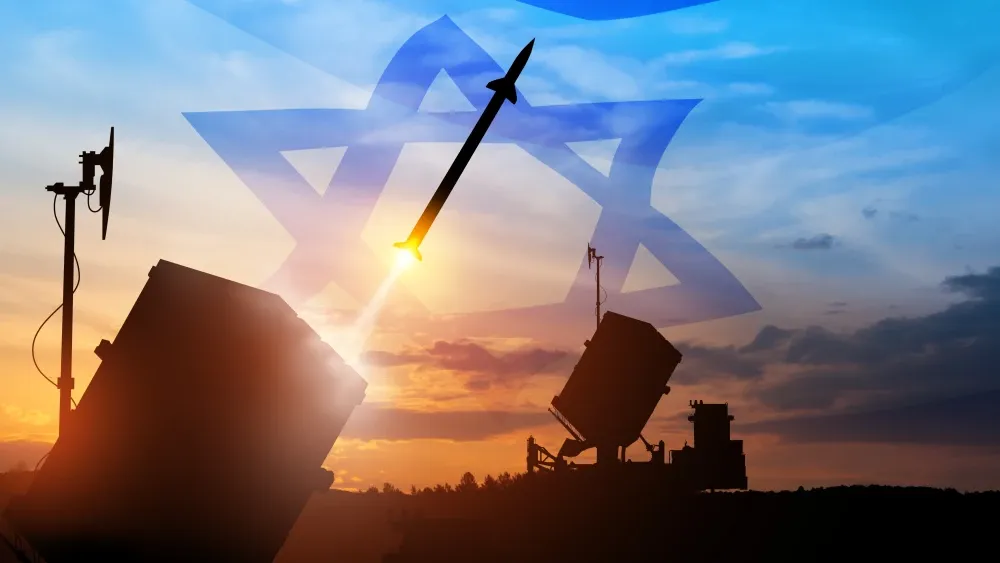 By: Eric Navarro Israel's precision strikes on Iran underscore key lessons for U.S. policymakers: wars are won with clarity, execution, and resolve. Why it matters: The operation showcased strategic warfare, with clear objectives and decisive action, contrasting U.S. campaigns often mired in strategic drift. The big picture: Israel's actions highlight the necessity for the U.S. to rediscover its resolve and demonstrate strength to deter adversaries like Tehran, Moscow, and Beijing. Between the lines: Tactical brilliance without political will is insufficient; U.S. operations must impose costs that force adversaries to rethink their strategies. What's next: Strategic victory comes through the successful application of all instruments of power. But when non-kinetic means fail and leaders decide to strike, they must strike with purpose and forethought. Israel set the example. The United States must now lead—from beside, not behind. To read the full article, click here. | | Israel Should Bomb Iran's Evin Prison 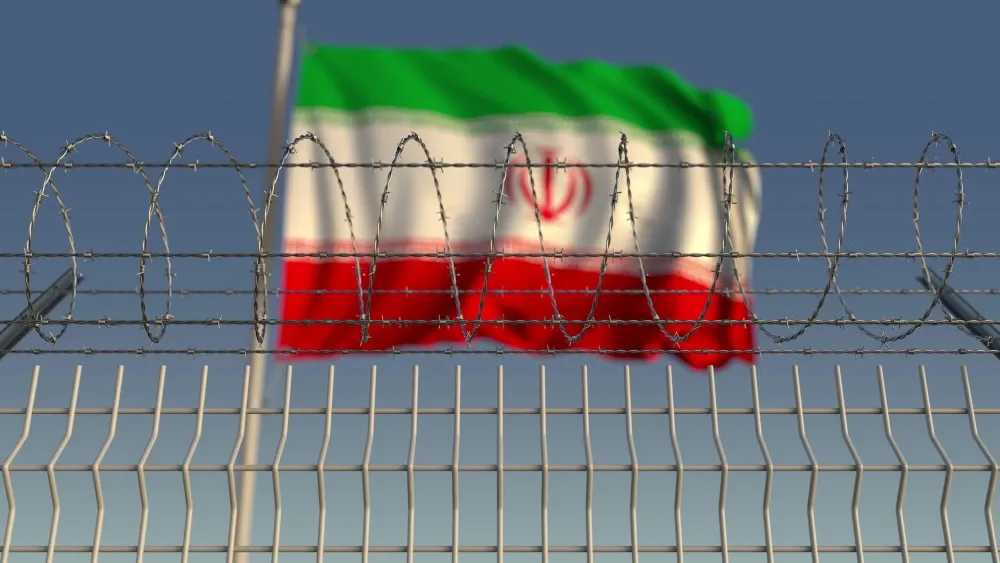 By: Michael Rubin Ahead of the 2003 Iraq War, Pentagon planners proposed bombing Saddam's statues to show Iraqis they weren't the enemy. State Department lawyers argued that Saddam statues were cultural heritage and deliberately targeting them would constitute a war crime. It was a ridiculous argument, but Secretary of State Colin Powell's team was more interested in scoring points against the Pentagon than common sense, so it stood. Why it matters: Israel should not make the same mistake. Evin Prison epitomizes the Islamic Republic's cruelty. Destroying it would highlight Israel's focus on the regime, not the Iranian people, as enemies. The big picture: Bombing Evin and other oppressive sites would resonate with Iranians, aligning them with Israel's strategic intent. -
Israel should target Evin's guard towers, wall, and gate. It should then give Iranians incarcerated there for political crimes hours to leave before leveling the facility. -
The ruins of Evin would be a lasting symbol for Iranians, celebrated for decades. What's next: Israel should also consider dismantling cranes used for executions and structures around Khomeini's tomb, carefully avoiding civilian harm. To read the full article, click here. | | We hope you are enjoying our special coverage of Israel's war with Iran. Expect new issues of the Dispatch to land in your inbox daily while the war rages. If you found this useful to understanding the conflict, please forward it to a friend. And please use the comments section to let us know your opinion. Thank you, Winfield Myers
Managing Editor, Middle East Forum
Director, Campus Watch | | | | Was this edition useful?  

Your email will be recorded and shared with the sender |        MEF, an activist think tank, deals with the Middle East, Islamism, U.S. foreign policy, and related topics, urging bold measures to protect Americans and their allies. Pursuing its goals via intellectual and operational means, the Forum recurrently has policy ideas adopted by the U.S. government.
Copyright © 2024 Middle East Forum, All rights reserved.
Our mailing address is:
Middle East Forum
1650 Market Street, Suite 3600
Philadelphia, PA 19103 | | | | | Powered by 
| | This email was sent by Middle East Forum via Axios HQ | | | |
0 коммент.:
Отправить комментарий